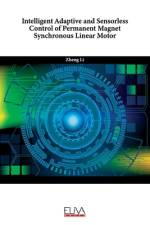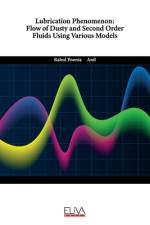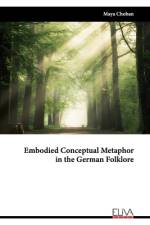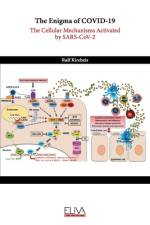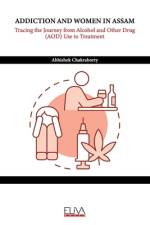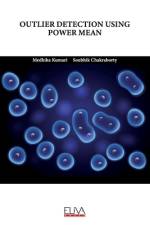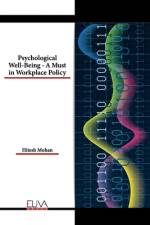av Satyavathi Bankupalli
797
Demand for energy and its resources are increasing every day due to the rapid growth of population and urbanization. As the major conventional energy resources like coal, petroleum and natural gas are on the verge of getting depleted in this century, biomass, which is an important renewable energy resource, can be used to produce renewable bioenergy (i.e., heat and electricity), biochemical and biofuels. However, the use of biomass for energy, fuels and chemicals production has generated significant concerns across the globe, especially in developing nations, due to the shortage of food and cultivable land and extremely high population density. This has led to the use of non-edible biomass resources such as Karanja, Jatropha, Neem, Mahua, and Sorghum. These biomass resources are widely used for extracting bio-oil in countries like India, Pakistan, Bangladesh, China, and Sri Lanka. However, after the extraction of bio-oil, a significant portion of biomass is left as a residual waste and generally referred as Press Seed Cake (PSC). These PSCs, despite having a very high organic content, are currently being landfilled. The current work focuses on the thermochemical conversion of PSCs with an aim to produce bioenergy, biochemical and biofuels. The present study has utilized PSC generated from Karanja, Mahua, Neem and Sorghum. Thermochemical conversion processes that include torrefaction, pyrolysis, gasification, and liquefaction have been investigated in detail. The focus of the thesis is therefore to study the thermochemical conversion of PSC produced from lignocellulosic biomass regardless of the type of original plant source.








